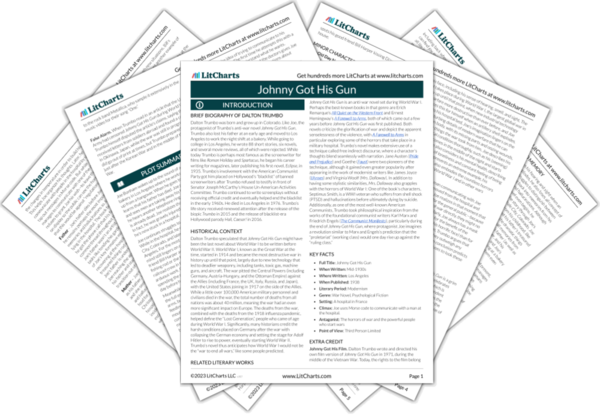As Joe and Howie leave their job in the desert, their problems in the desert begin to fade away while their problems from home become more real again. They learn that, while their problems in Shale City might not be as difficult as the problems of working in the desert, they’re still real, and it isn’t possible to just run away from them.
